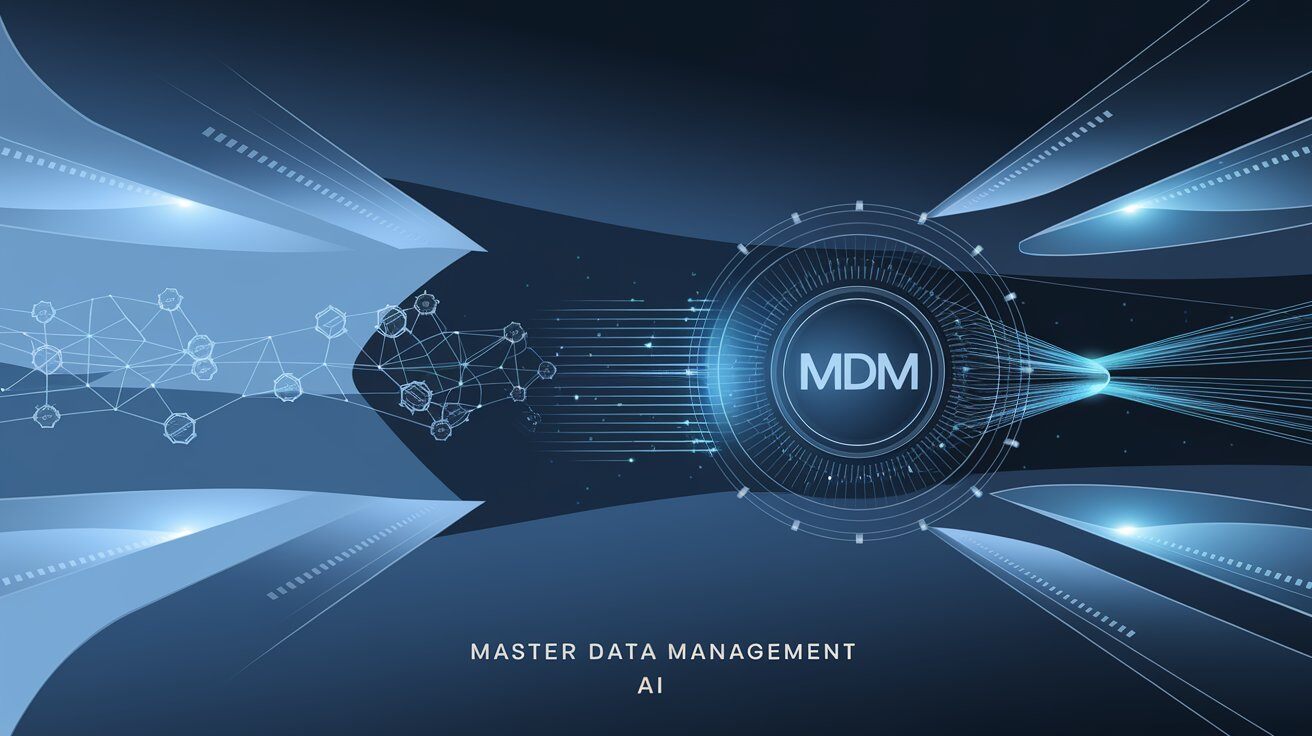Introduction: The Role of MDM in a Data-Driven World
In today’s data-centric business landscape, organizations rely heavily on Master Data Management (MDM) to ensure their core data is accurate, consistent, and accessible. With the integration of Artificial Intelligence (AI), MDM is becoming more powerful, transforming how businesses manage, optimize, and use their data assets. This article explores how AI enhances MDM and provides key use cases that showcase its benefits.
What is Master Data?
Master Data refers to the critical business information that companies rely on, including data about:
Customers: Essential for improving customer experiences and retention.
Products: Vital for streamlining supply chains and product management.
Employees and Suppliers: Key for operational efficiency and decision-making.
Master Data differs from transactional data, which is generated by day-to-day operations. The integrity of Master Data is crucial because inconsistencies can lead to poor decisions, operational inefficiencies, and compliance risks.
Why Master Data Management (MDM) Matters
MDM is the process of ensuring that an organization’s master data remains accurate and consistent across the enterprise. Effective MDM:
Reduces Data Silos: Centralizes data to make it accessible to all departments.
Improves Data Quality: Ensures data is clean, accurate, and reliable.
Enhances Decision-Making: Provides a single source of truth that informs business strategies.
The AI Advantage in MDM
By integrating AI into MDM systems, organizations can automate and enhance several critical functions, including:
Data Lineage: AI can trace data flow, showing how it’s processed and transformed across systems—critical for compliance and governance.
Key AI Use Cases in MDM
- Discovering Data Efficiently
- Crafting Intelligent Data Models
Conclusion: AI and MDM for the Future
The integration of AI in Master Data Management is revolutionizing how organizations handle their most critical data. From improving data quality to automating discovery and governance, AI’s role in MDM will only grow, offering businesses an edge in managing and utilizing their data assets more efficiently.
Facilitating MDM and AI Integration with Pacific Data Integrators (PDI)
Integrating Artificial Intelligence into MDM can seem daunting, but with Pacific Data Integrators (PDI), it becomes a streamlined and supported journey. Partnering with PDI ensures a seamless transition and enduring success, turning challenges into opportunities. Discover how PDI's tailored solutions can transform your business by consulting with our experts today.
You can book a consultation today by visiting us at PDI.
Posted by PDI Marketing Team
Pacific Data Integrators Offers Unique Data Solutions Leveraging AI/ML, Large Language Models (Open AI: GPT-4, Meta: Llama2, Databricks: Dolly), Cloud, Data Management and Analytics Technologies, Helping Leading Organizations Solve Their Critical Business Challenges, Drive Data Driven Insights, Improve Decision-Making, and Achieve Business Objectives.






